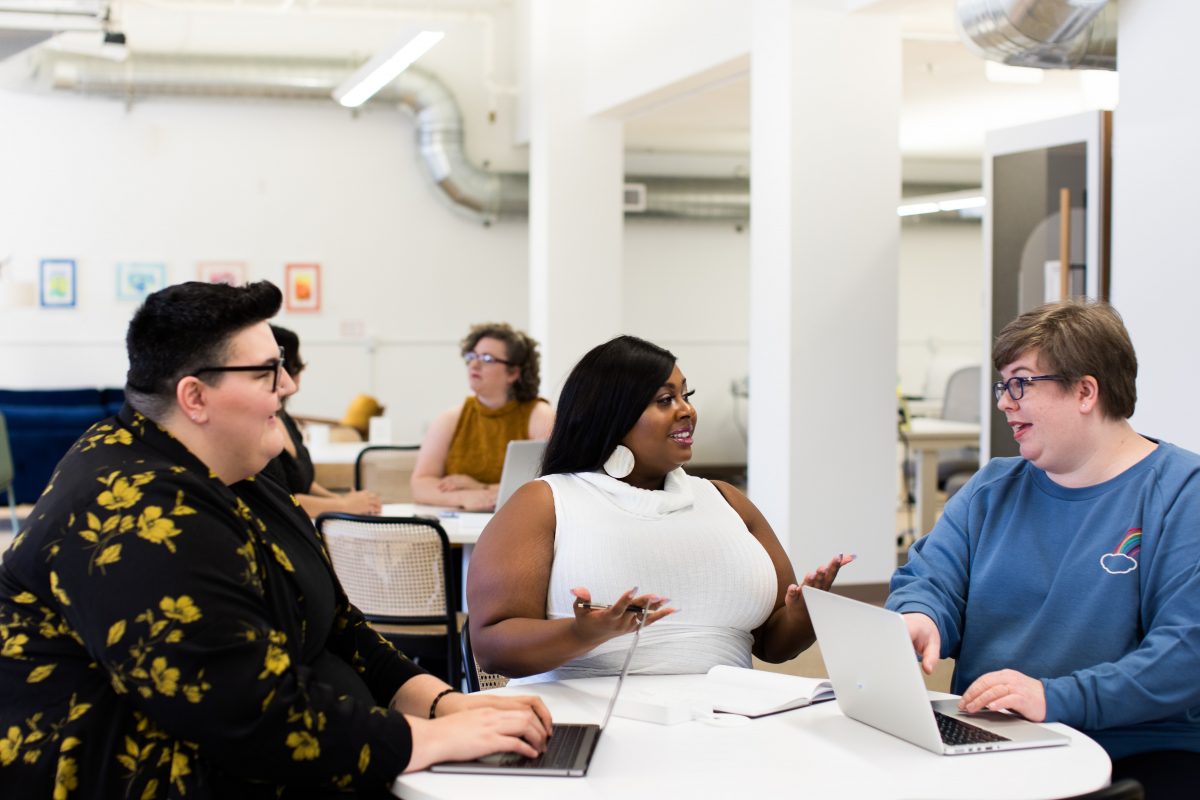How do you keep up to date with new research evidence? Back when I was training to become a social worker, research evidence was mainly found in journals in the university library. In recent years things have changed dramatically and we have much easier access to information via social media and online publications – although paywalls can still be a frustrating barrier to the information we need. This is great news for social workers, but what we hear repeatedly is that it’s difficult to find time for research alongside the volume and complexity of work with families. For this reason, case-holding social workers have always supported each other and shared research within their teams.
Bringing research evidence into teams is a great way to think about what it means for practice. And a really important part of our work is to make sure our research about what works translates into practice that improves outcomes for children and their families. What Works for Children’s Social Care knows that this is crucial to our success, but until now we haven’t found a good strategy for making it happen. But we are now introducing our Evidence Ambassador programme which is our strategy for bringing research evidence into social work teams and therefore into practice.
Evidence Ambassadors are practitioners already working in local authority social work teams, who have a special interest in research evidence and using it to inform social work practice. We will share all our new research evidence with our EAs and support them to share it in their organisations. This might be through lunch and learns, discussion groups or similar events that give social workers the opportunity to come together and explore what the evidence means for practice. EAs will also help to complete a feedback loop, so What Works for Children’s Social Care can hear directly from practitioners how the research lands and also about where to focus future efforts.
In addition to sharing our own research evidence, we see the Evidence Ambassadors as being able to share evidence from other sources. Our sister organisations within the What Works Network, such as the Early Intervention Foundation, produce evidence that is relevant and important for social care and they will therefore be invited to use the Evidence Ambassador network to reach practitioners during the coming year.
We currently have seven EAs, and they have a range of roles and experience. What unites them is a keen interest in evidence-informed practice and support from their organisation to share messages about what works. Our ambition is to have many, many more EAs around the country so if you are interested in becoming an Evidence Ambassador please apply here or contact us at practice@whatworks-csc.org.uk if you’d like to discuss it.


